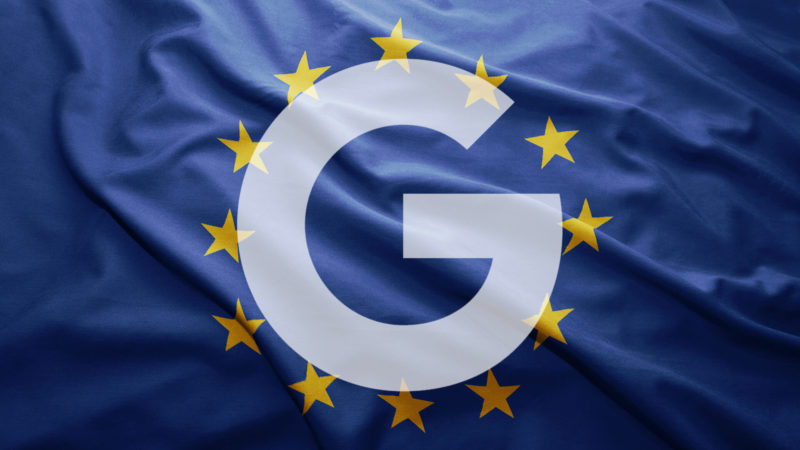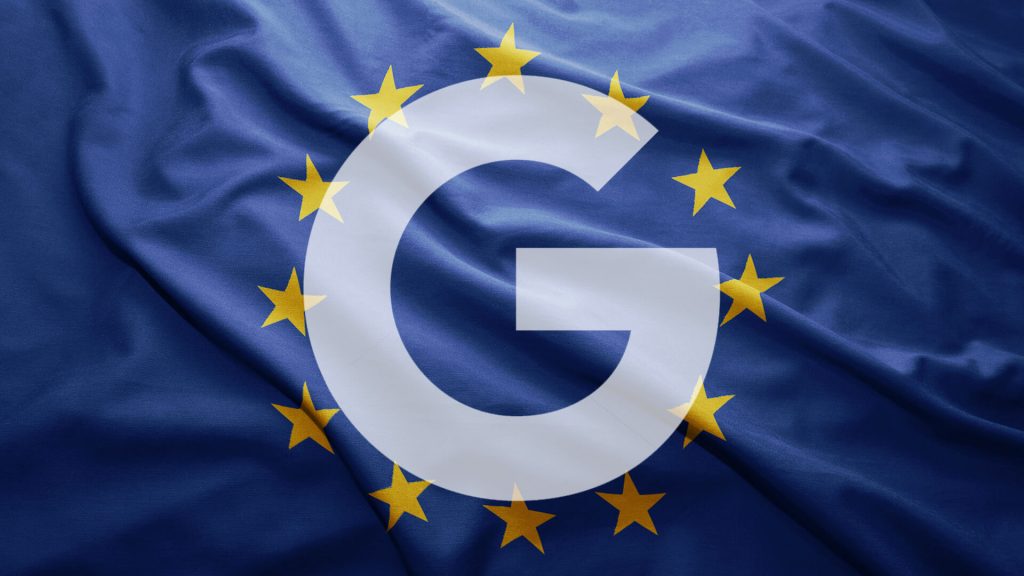
According to Bloomberg, Google is going to create a separate business unit to manage shopping content in search results to comply with the European Commission’s recent antitrust decision. This unit will reportedly be required to compete in the auction against shopping competitors.
The unit will apparently use its own budget and revenues to bid in the auction and will only exist in the EU. Shopping search will continue as is in other markets, including the US.
Reuters had earlier reported that Google was going to “display rival shopping comparison sites via an auction.” That approach appeared to be similar to the earlier “rival links” proposal that failed to settle the antitrust dispute before the formal complaint (statement of objections) was filed in 2015.
Google was fined roughly $2.7 billion (€2.4 billion) for abuse of market position in shopping search. The fine was the largest antitrust penalty in EU history. The previous record was $1.3 billion against Intel. As part of the decision, Google is compelled to offer a remedy, even as it appeals that decision. Failure to comply would subject Google to daily financial penalties.
The specifics in the Bloomberg article suggest the new business unit concept is an updated proposal vs. the earlier Reuters report. However, Reuters may have incompletely or inaccurately described the Google proposal.
Here’s what shopping search results in France currently look like:

According to Bloomberg’s report, the new configuration will feature 10 slots that would be made available through the auction. Each result would display the name of the shopping site offering the product and link to those websites.
You can see some potential presentations of Google Shopping results on the s360 blog and below:

Google Shopping results will be branded “by Google,” and those from other sites will be labeled accordingly.
Bloomberg quotes several shopping site competitors who express displeasure with the proposed solution because it involves paid advertising rather than organic traffic. However, the report also says “[EU] regulators have accepted that the panel is for advertising and slots cannot be given away.”

